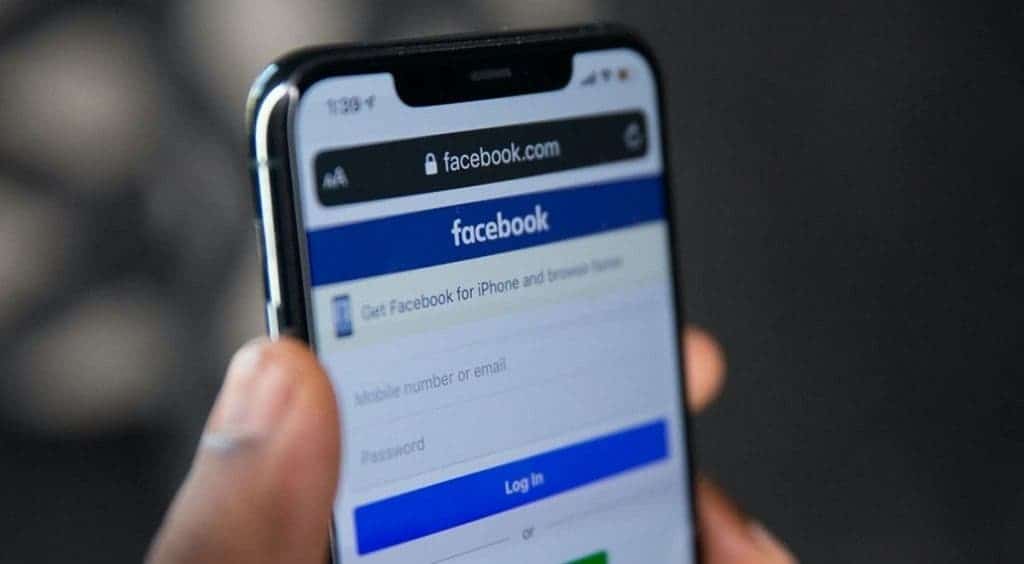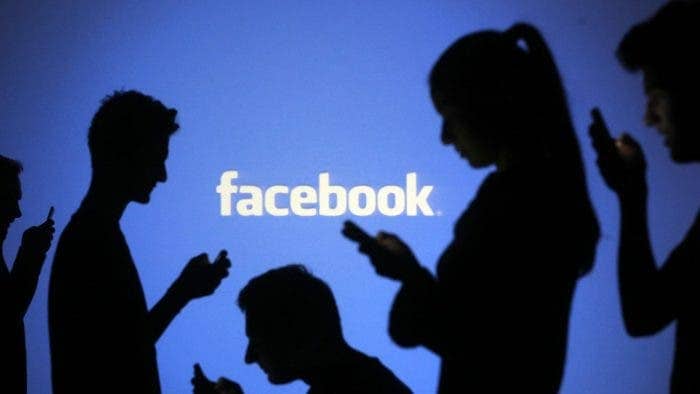Facebook announced yesterday that it will no longer allow advertisers to provide targeted advertising services based on the interests of people under the age of 18 or their activities on other websites. This change means that on Facebook, Messenger services, and photo-sharing platform, Instagram, advertisers can only provide advertising services to teenagers under the age of 18 based on age, gender, or location information.

Instagram stated in a blog post that it made this change because it agreed with some advocates that young people may not be able to make accurate judgments about targeted advertising. In addition, when Instagram users under the age of 16 join the platform, they will begin to have private accounts by default in order to prevent adults from unnecessary contact. Of course, they can also choose to switch to a public account. Facebook said that these changes will be implemented in a few weeks and will apply to Facebook’s main website, Instagram, and Messenger.
Instagram for children?
In May this year, Instagram said that it plans to develop a new version of the service for children under 13 years of age. But then, the attorneys general of 44 states and territories in the United States urged Facebook to abandon the plan. They believe that social media may affect the healthy growth of children. These states believe that Facebook has been performing poorly in protecting children.
Since then, Facebook’s attitudes and ways of treating young users have attracted much attention. Facebook today stated that the idea of providing “special” apps for teenagers is to provide parents with greater transparency. They also want parents to be able to control the behavior of young children who want to access Instagram.
In fact, several major social media companies have launched versions of apps for young audiences. We have the likes of Facebook Messenger Kids and Alphabet’s YouTube Kids. Proponents believe that children are already on the same platform, so a family-friendly version provides a safer environment. But critics say that Facebook should not try to attract young children to its services. Many believe that the development of kids, their mental health, and their privacy will be at risk.
There are some users who believe that kids should have no business with social media. They believe that somehow, social media will compromise the mental health of children. They could be exposed to cyberbullying from their older peers or even peer pressure. To this end, the issue of social media for kids remains a really controversial topic. In fact, many parents are not ready for this conversation. Do you think kids should have their own social media space?





